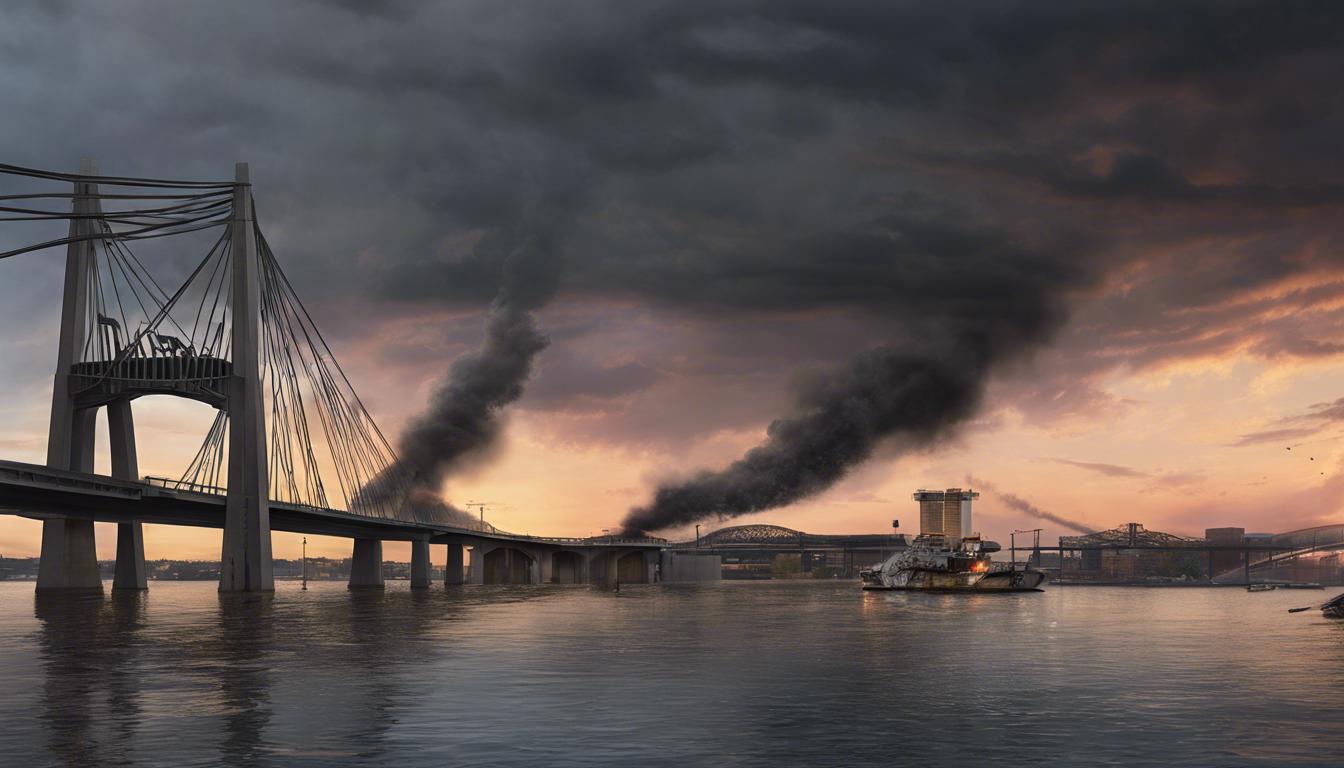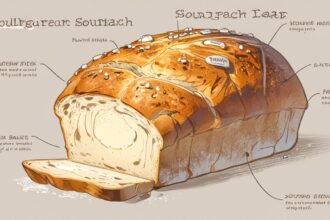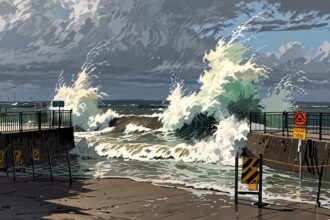The collapse of the Francis Scott Key Bridge after a container ship collision results in presumed deaths and raises critical safety questions.
A tragic event occurred in Baltimore when the Francis Scott Key Bridge collapsed following a collision with the container ship Dali. The accident, sparking widespread concern over the safety of infrastructure against such impacts, led to the presumed deaths of six construction workers. These workers, identified as Miguel Luna, Maynor Yassir Suazo Sandoval, Alejandro Hernandez Fuentes, and Dorlian Ronial Castillo Cabrera among others, were part of a crew on the bridge at the time. Efforts to locate and recover the bodies have been ongoing, with two bodies found trapped in a submerged vehicle.
Investigations into the cause of the collapse include examining the bridge’s structural integrity and the ship’s operation, notably focusing on a black box recovery from the vessel Dali that could provide crucial details. The incident has raised significant concerns regarding the impact on supply chains and the economy, with both local and federal governments pledging resources for recovery and rebuilding efforts.
The Marine Engineers’ Beneficial Association (Meba) has highlighted broader concerns in the maritime industry, particularly around the sizes of ships, crew standards, and safety protocols, emphasizing a need for improved regulations. Meanwhile, families and colleagues of the victims, deeply affected by the loss, seek closure and answers amid a widening recovery operation.
The tragedy has brought attention to the vulnerabilities in infrastructure and maritime operations, prompting calls for comprehensive reviews and action to prevent future incidents. Maryland and the shipping industry are now faced with the task of navigating the aftermath, ensuring safety, and providing support to those impacted by the devastating bridge collapse.













